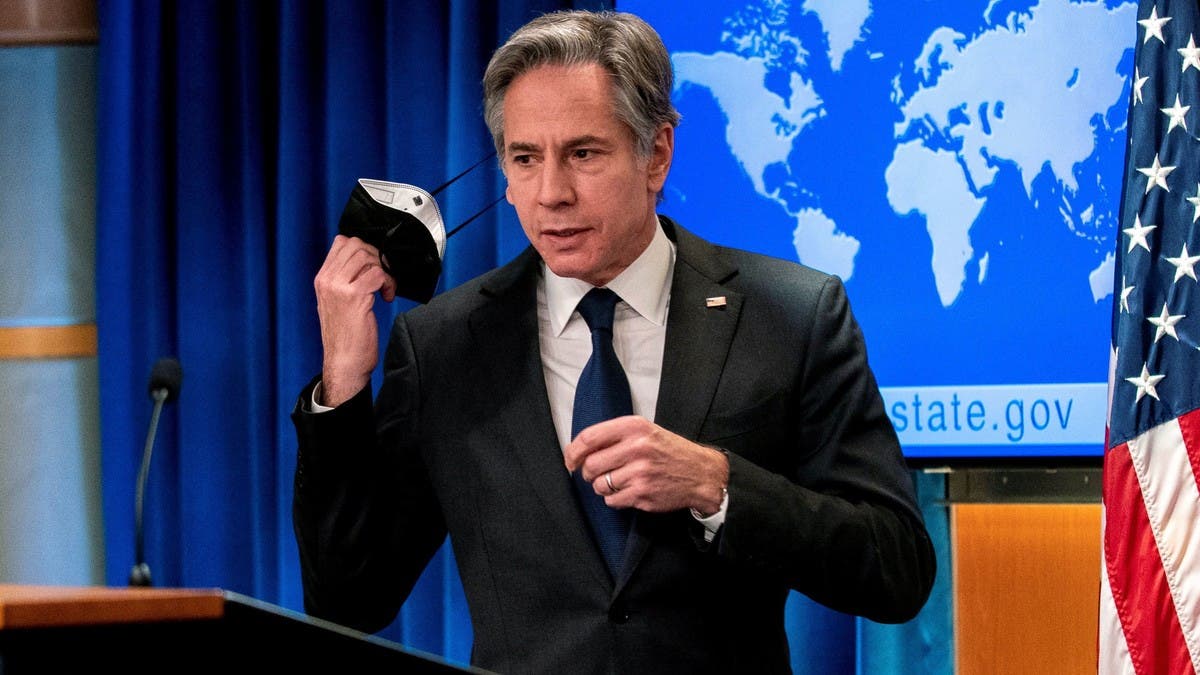There are only “a few weeks left” to save the Iran nuclear deal, and the US is ready to look at “other options” if negotiations fail, Secretary of State Antony Blinken said Thursday.
Talks to restore the 2015 accord between Tehran and world powers – US, France, Britain, Russia, China, and Germany – began last year but stopped in June as Iran elected President Ebrahim Raisi.
The talks resumed in November.
For all the latest headlines follow our Google News channel online or via the app.
“We have, I think, a few weeks left to see if we can get back to mutual compliance,” Blinken said in an interview with US public radio station NPR.
“We’re very, very short on time,” because “Iran is getting closer and closer to the point where they could produce on very, very short order enough fissile material for a nuclear weapon,” he said.
According to the top US diplomat, Tehran has made nuclear advances that “will become increasingly hard to reverse because they’re learning things, they’re doing new things as a result of having broken out of their constraints under the agreement.”
The 2015 deal offered Iran much-needed relief from sanctions that have crippled its economy, in return for curbs on its nuclear program.
But then-US president Donald Trump’s unilateral withdrawal from the deal in 2018 prompted Tehran to walk back on its commitments.
Trump’s successor Joe Biden has backed a return, with Washington indirectly taking part in the European-brokered negotiations on reviving the so-called Joint Comprehensive Plan of Action (JCPOA).
After months of stalled talks, hosted in Vienna, Washington recently reported modest but still insufficient progress.
Reviving the accord “would be the best result for America’s security,” said Blinken. “But if we can’t, we are looking at other steps, other options,” with allies including in Europe and the Middle East.
Blinken has previously raised implicit threats of military action.
The other options have been “the subject of intense work as well in the past weeks and months,” he said. “We’re prepared for either course.”
Read more:
Iran launched solid-fuel satellite carrier rocket into space: Report
UAE condemns Houthi attacks on Saudi Arabia during Security Council meeting
Coordination with Gulf increases as US, world powers align focus on Iran nuclear deal

 World2 years ago
World2 years ago
 World2 years ago
World2 years ago
 Entertainment7 years ago
Entertainment7 years ago
 World7 years ago
World7 years ago
 Entertainment7 years ago
Entertainment7 years ago






